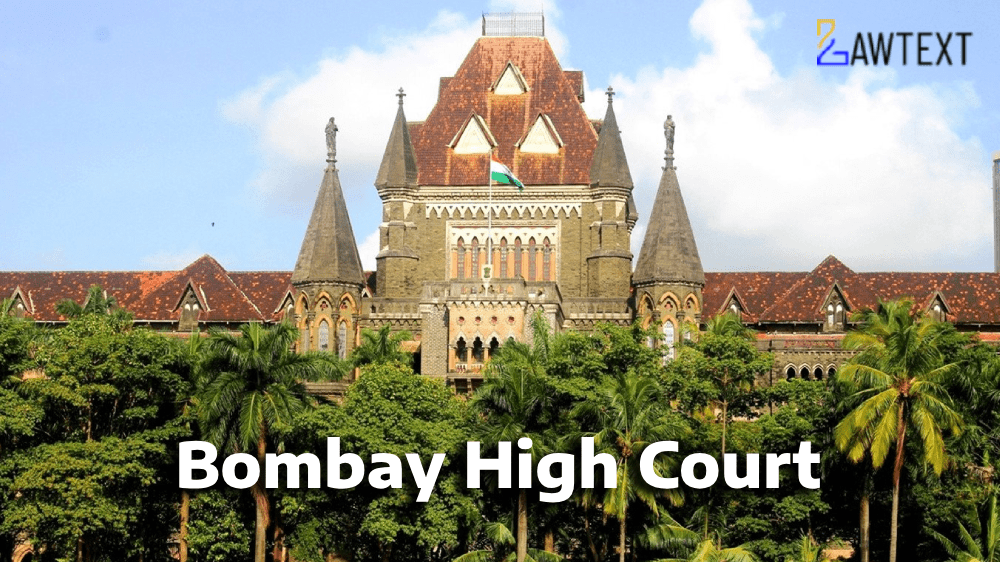"Bombay High Court Quashes Tax Proceedings Against Uttam Value Steels Ltd. Post-Resolution Under IBC" "Resolution Plan Approval Under IBC Shields Corporate Debtor from Pre-Insolvency Tax Claims."

CASE NOTE & SUMMARY
1. Background of the Case:
- The petition was filed by Uttam Value Steels Ltd. and Mr. Subodh Karmarkar challenging multiple notices and communications issued by the Income Tax Department under the Income Tax Act, 1961 ("the Act").
- The petitioner underwent a Corporate Insolvency Resolution Process (CIRP) under the Insolvency and Bankruptcy Code, 2016 (IBC), which concluded with a resolution plan approved by the National Company Law Tribunal (NCLT) on May 6, 2020.
2. Impugned Proceedings by the Revenue:
- The Income Tax Department initiated various proceedings against the petitioner, including:
- Section 153C - Assessment of income of any other person.
- Section 143(2) - Notice for assessment.
- Section 142(1) - Inquiry before assessment.
- Section 133(6) - Power to call for information.
- These proceedings were based on alleged bogus transactions involving the petitioner and certain companies in the Vinod Jatia group.
3. Petitioner’s Arguments:
- The petitioner contended that:
- The resolution plan approved by NCLT provided a full waiver of all tax and related dues for the period before the commencement of CIRP.
- Any proceedings initiated by the Revenue for past claims should be extinguished under Section 31 of the IBC.
- Relying on Supreme Court judgments, the petitioner argued that a corporate debtor after being resolved starts afresh and cannot be pursued for past dues.
4. Revenue's Defence:
- The Revenue argued that:
- The tax demands related to liabilities crystallized after the CIRP approval are not covered by the resolution plan and thus, can be pursued.
- The proceedings were legitimate as they were not for past claims but for dues crystallized post-CIRP.
5. Court's Judgment:
- The Bombay High Court ruled in favor of the petitioner, quashing all proceedings initiated by the Revenue.
- The court cited Section 31 of the IBC and various Supreme Court judgments, notably Ghanshyam Mishra and Sons Pvt. Ltd. v. Edelweiss Asset Reconstruction Co. Ltd., affirming that:
- Once a resolution plan is approved, all dues, including those owed to the government for the period prior to the approval, stand extinguished.
- The Revenue’s argument of crystallization of claims post-CIRP was deemed untenable.
Acts and Sections Discussed:
-
Income Tax Act, 1961:
- Section 153C: Assessment of income of any other person.
- Section 143(2): Notice for assessment.
- Section 142(1): Inquiry before assessment.
- Section 133(6): Power to call for information.
-
Insolvency and Bankruptcy Code, 2016 (IBC):
- Section 31(1): Binding nature of the resolution plan on all stakeholders, including government authorities.
Ratio Decidendi:
- Section 31(1) of the IBC clearly states that once a resolution plan is approved by the NCLT, it is binding on all stakeholders, including government authorities. This includes extinguishing any claims or dues not included in the resolution plan.
- The court reinforced the principle that upon approval of a resolution plan, a corporate debtor cannot be held liable for any claims relating to the period before the CIRP. The Revenue’s continued pursuit of pre-CIRP claims, even if crystallized later, is prohibited under the IBC.
This judgment confirms that the Income Tax Department cannot initiate or continue any proceedings against a corporate debtor for tax liabilities related to the period before the CIRP once a resolution plan is approved by the NCLT.
ISSUE OF CONSIDERATION
Uttam Value Steels Ltd. & Anr. Versus Assistant Commissioner of Income Tax & anr.
Citation: 2024 LawText (BOM) (8) 288
Case Number: WRIT PETITION (L) NO. 9420 OF 2022
Date of Decision: 2024-08-28
Case Title: Uttam Value Steels Ltd. & Anr. Versus Assistant Commissioner of Income Tax & anr.
Before Judge: G. S. KULKARNI & SOMASEKHAR SUNDARESAN, JJ.
Advocate(s): Mr. Vikram Deshmukh, a/w Siddhi Doshi, i/b ALMT Legal, Advocates for the Petitioners. Mr. Suresh Kumar, Advocate for Respondents.
Appellant: Uttam Value Steels Ltd. & Anr.
Respondent: Assistant Commissioner of Income Tax & anr.

